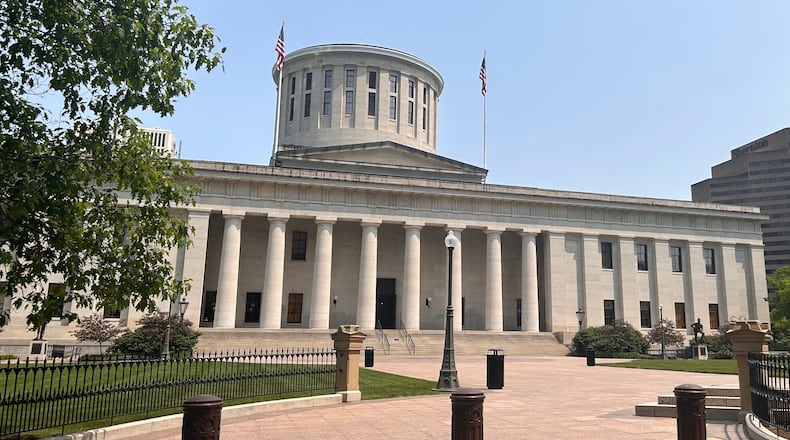The law defines a reasonable method of verification as one that uses either a photo ID or “public or private transactional data,” which could include someone’s mortgage, educational records or employment records.
The law also calls for these platforms to delete a user’s information immediately after age verification is completed.
Any qualifying platform that does not adhere to the new law risks intervention from the office of the Ohio Attorney General, which can bring civil actions against noncomplying sites.
The bill’s passage earlier this year added Ohio to a growing contingent of states that have looked to make it more difficult for minors to access online porn.
According to the Free Speech Coalition, a trade advocacy group for adult content sites, Ohio’s is the 24th age verification law to go into effect in the U.S., with Missouri set to become the 25th state to have a law in effect later this year. Six other states are currently considering similar legislation.
The provision was a specific priority for the Ohio House, which added the language in its draft of the state operating budget before it was taken out by the Senate and ultimately added back into the legislature’s combined final draft earlier this year.
The House’s budget process was overseen by Finance Committee Chair Rep. Brian Stewart, R-Ashville, who told reporters in April that the policy had “wide support” in his caucus.
“I think, frankly, a lot of people believe that if you’re going to have obscene material on the internet, we should at least make sure that those who are not legally allowed to view it are not viewing it,” he said.
For more stories like this, sign up for our Ohio Politics newsletter. It’s free, curated, and delivered straight to your inbox every Thursday evening.
Avery Kreemer can be reached at 614-981-1422, on X, via email, or you can drop him a comment/tip with the survey below.
About the Author

